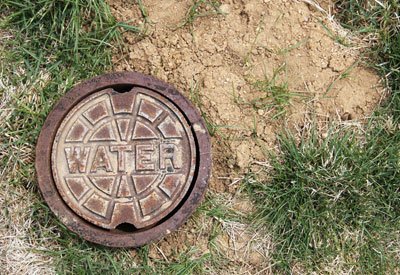Water and Wastewater Regulatory Information
The following regulatory agencies provide information about water permits and rules that affect businesses in Minnesota.
- Metropolitan Council Environmental Services (MCES). This service of the Metropolitan Council protects public health and the environment while providing its customers efficient and effective water and wastewater resources management. It enforces rules and regulations for industrial wastewater including solid, liquid, or gaseous substances, which are disposed of in a public sewer in the metropolitan area. Sewer discharge in other locations around the state is subject to local treatment works authorities.
- Minnesota Pollution Control Agency (MPCA). The MPCA provides information and regulatory oversight, monitoring and protecting water quality for surface water, ground water, and wastewater. Industries, businesses, and other privately owned facilities that discharge wastewater directly to surface waters must obtain a National Pollutant Discharge Elimination System (NPDES) permit.
- Minnesota Department of Health is responsible for the Drinking Water Protection Program, ensuring a safe and adequate supply of drinking water at all public water systems, which are those that serve water to the public. This includes municipalities, manufactured housing developments, businesses, schools, and other facilities that serve water to more than 25 people on a regular basis.
- Minnesota Department of Labor and Industry administers the plumbing code with a focus on building safety, safe water use within buildings, cross-connection prevention, and drainage systems.
- Minnesota Department of Natural Resources protects public waters and water use, provides for water supply planning and management, and issues permits for water appropriation.
- Minnesota Department of Agriculture protects drinking water sources from pesticide and fertilizer contamination in agricultural areas.
Stormwater Considerations
If your company:
- Has materials stored outside which can have contact with snow melt or precipitation
- Has materials stored near storm drain inlets
- Uses uncovered or unsealed dumpsters
- Has floor drains within the building discharging to a storm drain
- Or fits other regulatory or site conditions that could impact water runoff
that means you need to obtain a storm water permit. The surest way to improve water quality in Minnesota is for all of us to better manage stormwater. Unmanaged stormwater affects the quality of lakes, streams and rivers we enjoy. Stormwater often contains oil, chemicals, excess phosphorous, toxic metals, litter and disease-causing organisms. In addition, stormwater frequently overwhelms streams and rivers, scours streambanks and river bottoms and hurts or eliminates fish and other aquatic organisms.
MPCA Stormwater Program for Industrial Activity. The objective of this permitting program, which is a part of the NPDES, is to reduce the amount of pollution that enters surface and ground water from industrial facilities in the form of stormwater runoff.
